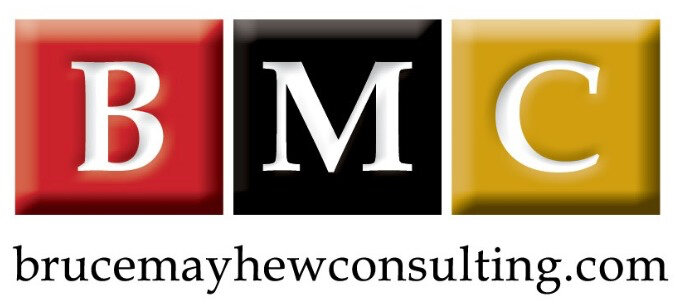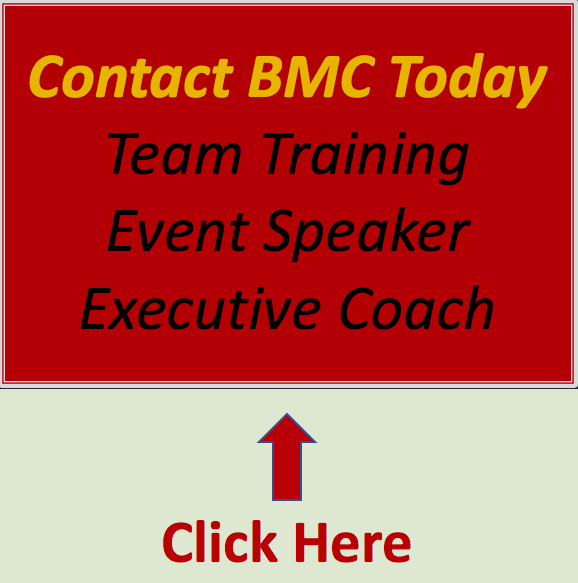How I Help Leaders Explore How Leadership Has Changed
/The following are an edit of my notes from a Podcast interview I gave about leadership and how to develop an energized corporate culture with motivated, inspired employees.
Because of the length of my notes, this is Part 1 of what will be a two-part series.
Please enjoy… and watch out for Part 2. Also, please consider liking and leaving comments below.
How I Help Leaders
I help new and experienced leaders understand how leadership has changed over the years and how they may be able to do better. There have been important changes in how to approach leadership especially in the three important areas of; coaching your team, motivation versus inspiration, and how to create a diverse and thriving corporate culture. I help clients and conference attendees explore their experiences and ask important questions of themselves and the world around them by creating a safe space where learning is important.
I see leaders fitting within a couple of buckets. There are:
Leaders who have been around for 30 or more years and who came into leadership when everyone around them was just like themselves. Their co-workers and customers wanted the same things so it was easy to understand what someone else expected. They lived in a world where the leader was the boss, laptop computers were a novelty and the size of small suitcases, email was a new communication tool that few people had access to, and unless you were a sales person the only way you could be productive was to be ‘at work’ where you had a desk, a phone and likely a secretary and/or access to a typing pool. Even voicemail was a new thing.
Young leaders who have grown up in a very different world than their parents and likely their initial role-models. They see a world where everyone has a voice (or should), is constantly connected by the internet, their mobile phones have more memory and processing power than the Apollo 11 guidance computer – a spacecraft that landed on the moon in 1972 (source: RealClear Science), empowering information is only a Google search and YouTube video away, and where choice and individuality are not only robust, they are expected and most people correctly recognize diversity as an empowering asset.
I believe exploring and acknowledging these differences and the generational differences in the workplace is important, not to marginalize anyone but because it is important for each of us to understand the world we live in and then recognize the world we came from. Before we can begin to understand others we have to understand ourselves and our experiences. And for leaders, understanding our own perspective and our experiences really matters in how we lead, mentor, coach and inspire the people that depend on us.
The interesting component here is that when Boomers and Generation X raised their Millennial and Generation Z children, they told their kids they could do anything and have anything and not to compromise. Then when these generations entered the workplace their, Boomer and Generation X leaders often interpret their curiosity and independence as entitlement and wonder, “Why they can’t just sit at their desk and do the work I’m telling them to do?” even though Millennials and Generation Z are behaving exactly how their parents raised them.
So, as a Corporate Trainer and Executive Coach I help leaders of all ages see how the world has changed and explore research I share with them as well as their own experiences to help understand what motivates individuals from all generations in the workplace. Motivators like having a purpose, personal growth, making a difference, feeling like they are contributing and wanting to have fun at work are all the elements of a thriving corporate culture that inspires employees. It’s important to note that while approaches to leadership are changing, Boomers are not used to thinking this way (I say this as a Boomer). No fault of our own. When they were young most Boomers didn’t work to have a purpose and be inspired, they went to work to get a paycheck so they could get a house and provide for their family. Work for a Boomer was often separate from their life but for Millennials and Gen Z… and even some Gen Xers, all of it is integrated.
The beauty is that most people no matter what generation they are from can tap into this concept pretty easily because it makes sense and is empowering. They can reflect on what they feel and want themselves as well as what they see their employees asking for. The people I work with or the audiences I present to also recognize that seeing something and being able to implement it are two different things – but change is possible. For all of us to change means we have to break our old habits (or expectations) about being a boss… and with desire, attention and often a bit of guidance change happens and is wonderful for everyone.
This is the base line of where I start. I help clients and/or conference attendees take the next step to realize difference is ok; that great leaders use that difference and use each other’s strengths. That the world is far too complex and great leaders embrace the diversity of:
· Four different generations being in the workforce (age diversity).
· People being equal regardless of their gender or sexual orientation.
· Cultural and religious differences.
· Disability / Ability.
Being a great leader requires taking time to reflect on ourselves and the environment we want to create. It’s being a coach who believes that one of their primary goals is to empower and inspire their employees to be their best and to do their own work.
Conclusion - and prelude to Part 2.
To be a great leader we have to be able to create an empowered corporate culture that gives people space to contribute their ideas while they also learn, grow and be proud of what they are contributing… and the difference they and the company are making together. Great leaders build a corporate culture that is truly based on the values of the organization then that creates a space where trust and motivation and respect become a common environment. Part of that is hiring the right people… and that is one of the key focuses I’ll discuss in part 2.
Thank you for reading. I hope you have enjoyed. Please leave a comment if have a moment.
Bruce
About Bruce and Bruce Mayhew Consulting.
Bruce is Corporate Trainer and Executive Coach.
As a Corporate Trainer Bruce Mayhew (of BMC) specialize in customized Time Management Training, Email Etiquette Training, Leadership & New Leadership Development, Generational Differences and other soft skills training solutions in Toronto and across Canada. Bruce is also an Executive Coach to a few select clients.
BMC helps your greatest assets think productive and be productive.
Bruce is an experienced motivational speaker in Toronto and has inspired audiences across Canada and within the USA and the UK. Bruce works hard to always make sure your training event, conference, retreat, or annual general meeting is a success.



